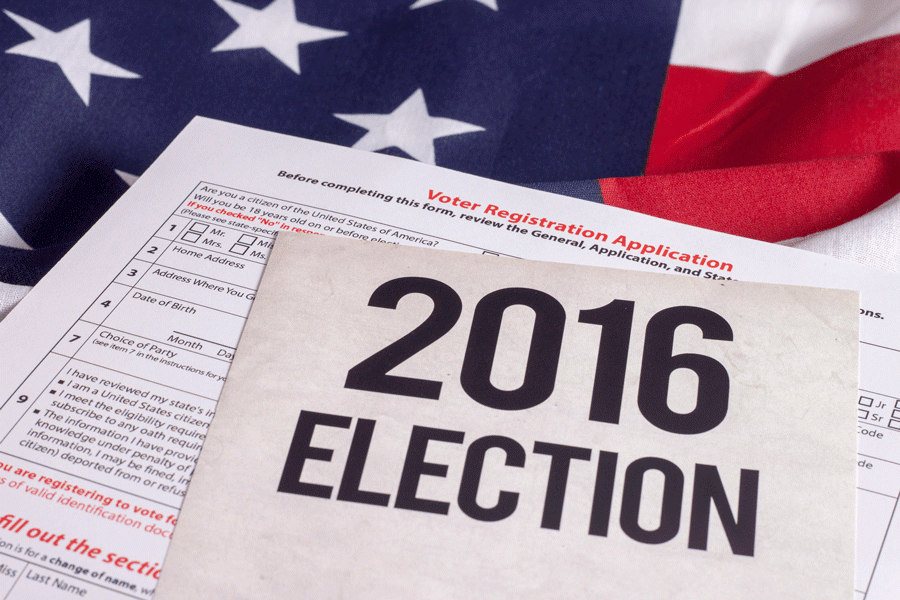Who Really Elects the President?
Your Guide to the Electoral College
October 25, 2016
With the elections approaching, uninformed Americans might be inclined to learn how the president and vice president are elected. It’s not as simple as the person who gets the most votes wins.
The people who go to the polls on Election Day together constitute the “popular vote.” But when American citizens vote, in reality they are voting for electors to represent their vote. The electors are people who then cast votes to make the actual decision of who gets to be president and vice president. The popular vote is not a guaranteed victory until electors cast their votes.
According to the “Washington Post,” this is how it all works.
Who are the electors?
The electors are the people who make up what is known as the Electoral College. But if you’re like me, you probably had no idea what the Electoral College was — or even worse, you too might have thought it was a school for aspiring young politicians.
Unknown to many adolescents, the Electoral College is the most important part of the presidential selection process because it ultimately chooses the next president and vice president.
What is the Electoral College?
In simplified terms, the Electoral College is a group of 538 people who come together every presidential election to cast their “electoral votes” for the president and vice president of the United States. Of the 538 people in the Electoral College, 435 are representatives, 100 are senators, and three are reserved for the District of Columbia. Candidates need the majority vote — 270 — to win the Electoral College. However, if there is no winner, the election of the president and vice president turn over to the House of Representatives and Senate respectively.
How do electors cast their votes?
Twenty-nine states, including New Mexico, have legal control over their electors. These laws bind electors to vote for either the statewide majority (popular vote) or their political party. However, electors in some states can vote against the majority.
What is the significance of the electoral vote?
The Electoral College is often regarded as a controversial topic because it is possible to win the Electoral College but lose the popular vote, which essentially enables someone to become president without the support of the majority.
Here are some examples of presidents who lost the popular vote but won the Electoral College:
1824 John Quincy Adams
1876 Rutherford B. Hayes
1888 Benjamin Harrison
2000 George Bush


